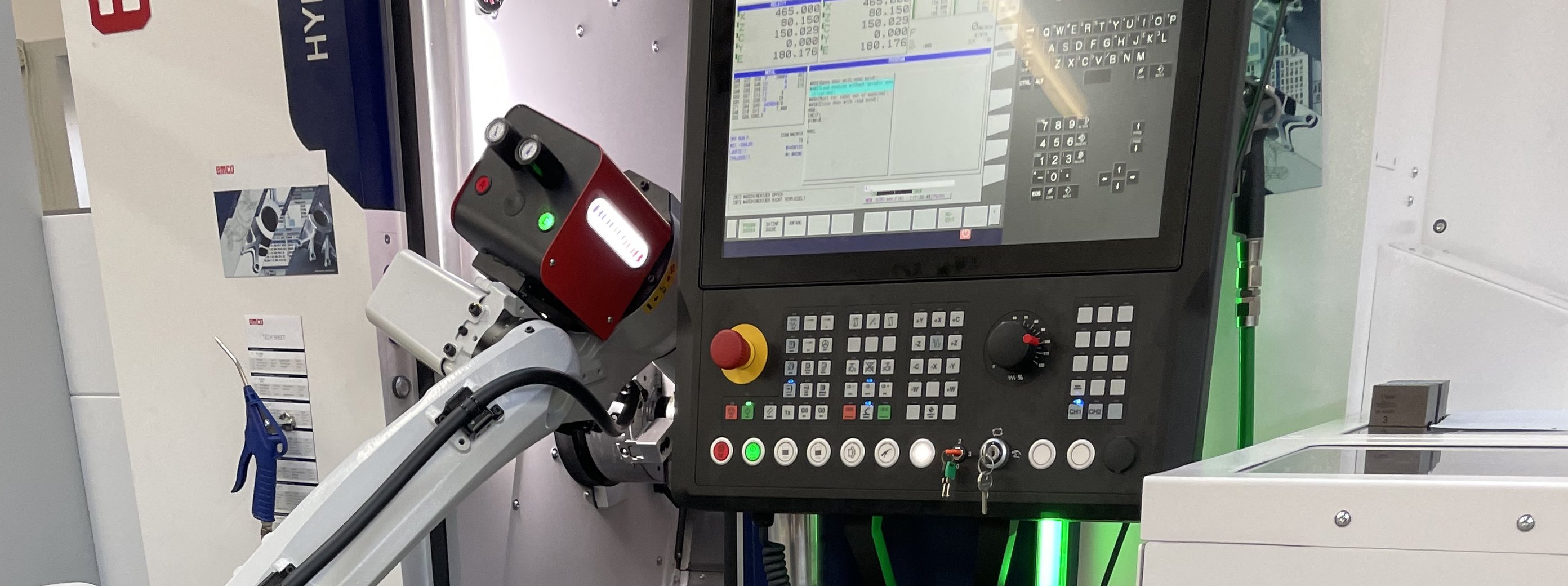
The Skills Gap/Labor Shortage Hits Everyone!
The Skills Gap/Labor Shortage Hits Everyone!
Read Time: 3 minutes
Word Count: 788
Key Take Away: Whether you are a $2BB Behemoth or a $1MM Machine Shop, you’ll feel the impact of the skills gap. Here’s why and what to do about it.
As technology advances and scientific developments continue, a widespread fear has emerged internationally. What initially began as a trope in science fiction, television such as I, Robot, and Westworld have helped create a worldwide belief that artificial intelligence will overpower humans and eventually pursue world domination.
Although most people understand the absurdity behind the theory, a slightly more believable fear plagues many people. This fear is that robots are stealing jobs right out of the hands of working-class citizens. Automating tasks, especially in the manufacturing field, has benefitted employers by allowing for efficient task completion and self-operating services with minimal, if any, need for human operation. However, the idea that this kind of automation is stealing jobs and resulting in higher unemployment rates is far from accurate.
The U.S. Bureau of Labor Statistics (BLS) reported more job openings than people available to fill them. In the manufacturing sector, this finding can be attributed to the skills gap or the inability to find enough human workers to fill job openings.
A recent Deloitte and the Manufacturing Institute study indicated that more than half of the 4.6 million manufacturing jobs created over the next ten years would go unfulfilled.
As a machine shop leader, you are probably asking yourself the question, “What does all that BLS nonsense have to do with me? I am not short millions of workers. I only need two. I am just a small machine shop owner.”
You may be a small business owner, but there are millions of you out there. The impact on you and your shop is every bit as important as it is on the $2BB behemoths.
And you’ve asked a very legitimate question. You won’t be impacted by billions of dollars like the big companies are. But you may actually feel that impact more than those big companies. Those big companies can absorb the impact because they have scale. A smaller operation can’t absorb the impact of not having enough people.
There is some common ground between you and the behemoths. You are both likely to be missing your top-line revenue targets. The executives in big companies are protected by the big paydays and stock options. The smaller companies? You’ve already mortgaged your house; what else can you mortgage?
Why can’t big and small businesses find people? Baby boomers are retiring; young people are not flocking to manufacturing. Manufacturing has a bit of an image problem. For years we focused on getting people to go to college. Manufacturing was left for those who couldn’t go to school. Turns out, we had it wrong and still do. The next paragraph tells the story.
The Deloitte study showed that although more than 80% of surveyed American believe the manufacturing industry is important in maintaining a strong economy, less than 30% would encourage their children to pursue a manufacturing career. The common misconceptions behind manufacturing, including lower pay and labor-intensive physical tasks in dirty and dim workspaces, leave numerous job opportunities largely unfulfilled.
This is where robots come in.
Automating tasks fills the open positions left by those who refuse to engage in the mundane side of manufacturing. PwC’s Global Artificial Intelligence Study suggests a potential contribution to the global economy of $15.7 trillion by 2030 from artificial intelligence, along with a boost in GDP for local economies of up to 26%.
As a small machine shop owner, you can take advantage of the upcoming economic growth if your shop is equipped to handle the business. You may not see trillions. But you could see millions. A million here and a million there all adds up.
Along with these massive economic and labor productivity improvements, robots create significantly more employment opportunities for people with diverse skill sets, especially in urban areas. Some examples of positions include technicians, purchasing managers, safety managers, sales workers, operators, and programmers.
Think of it this way. Adding a robot gives you control over production and costs. Without a robot, there is no way to gain that kind of control over production and costs.
From your perspective, how important is controlling production and costs?
Overall, the economic improvements made possible through the development of automation and artificial intelligence allow for wage increases and a much safer, productive environment. Although the extent of a robot’s capabilities is uncertain, technological advancements in automation should be embraced – not feared.
Ready to start your journey to automation? Call us at 866-952-9020 and then press one to talk with a human.